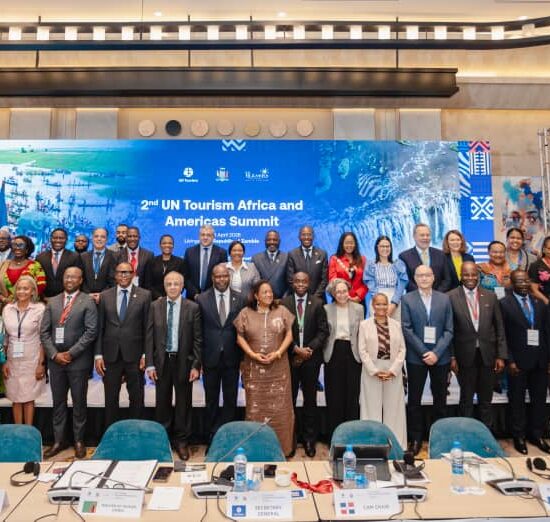
Zambia Railways Limited – ZRL has confirmed that it does not have any plans currently to introduce electric trains in the railway transport sub-sector. This is despite the company running a system that is currently slow and needs rethinking.
Speaking in an exclusive interview with the Zambian Business Times –ZBT, ZRL Public Relations Manager Caristo Chitamfya explained that the introduction of electric trains will mean abandoning what is there which might be too expensive at the moment.
He said the Zambia Rails Limited is however working on improving the current speed and infrastructure. To bring an electric train system without sorting out what is already there may be a challenge, Chitamfya said.
“We don’t have plans now, Zambia railways is working on improving what we have now because we can’t go for an electric train when we have not sorted out what we have now, so at the moment, we working on rehabilitating what we have,” he said.
He said he was not aware if there are any plans to implement the electric trains were under the current regime. The Zambia Railways Former Chief Executive officer Professor Clive Chirwa had in February 2013 disclosed plans and designs to construct a US$1.5 billion train system in Zambia with an underground electric train rail line for passenger trains in Lusaka to decongest traffic in the city.
The Railway designs were meant to revamp the Zambian Railway sector and turn it into a modern railway system that was efficient and profitable. ZRL was also allocated part of the Euro bond funds but little was seen and heard of on how those funds were utilized.
An electric rain railways system are a climate smart and efficient and the cheapest method of transporting people and goods in the world there by promoting economic growth while cutting greenhouse gas emissions. They are a clean, cost effective and compact way to move millions of tons of goods across countries and continents.
Fast forward to the present day, the railway system in Zambia remains largely stagnated. This is a sharp contrast with most developed countries which reveals that railway systems investments remain prioritized with most of the human and goods traffic between cities and towns done through rail.







